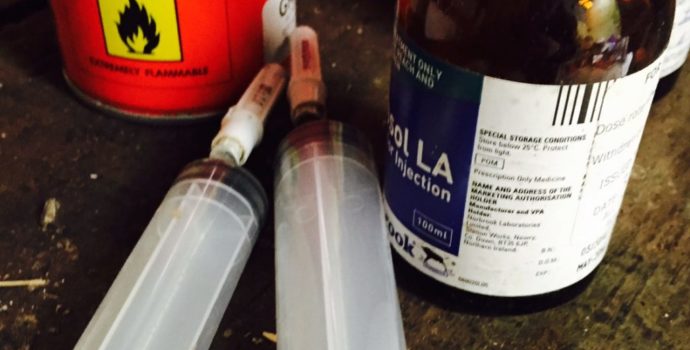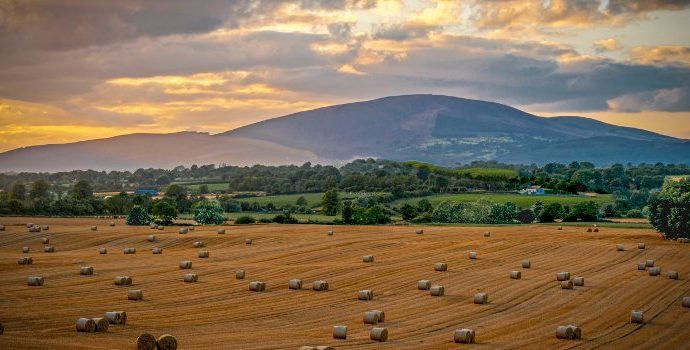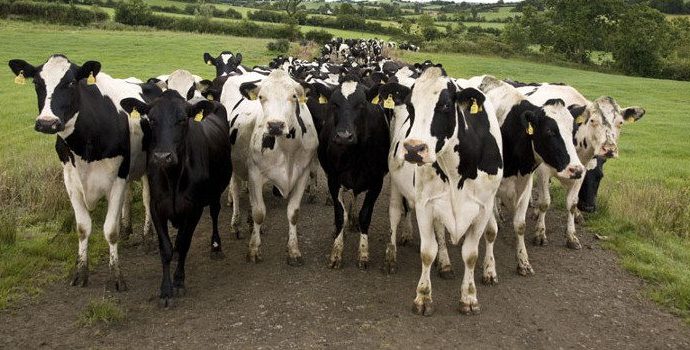Future of Grain Farming in Doubt as Eu Fails to Act

IFA National Grain Committee Chairman Liam Dunne said that the future of Irish tillage farming is in doubt as farmers face an unprecedented income crisis due to continuing low grain prices, coupled with a very difficult and late spring.
Current indications are for a further reduction in overall sowings for the current crop year with spring barley likely to fall by an additional 15,000 ha as many growers are forced to leave land fallow. The EU Commission and Parliament, despite numerous warnings from IFA, have failed to recognise the worsening income situation and take appropriate measures to support growers.
Liam Dunne said, “There are serious question marks concerning the medium to long term viability of arable crop production in Ireland and across Europe. Current price offers for old and new crop grain for the fourth year running are significantly below the cost of production with little prospect of a major lift between now and harvest. EU crop diversification requirements are adding to farmers’ woes as it is now too late to sow many spring crops such as beans, wheat, oats etc.
“The current greening / crop diversification requirements are inflexible and do not take account of prevailing soil or weather conditions, thus forcing many growers to sow crops to satisfy bureaucratic requirements rather than market needs. The system must be changed to give greater flexibility to farmers given the vagaries of Irish weather. Allowing growers, for instance, to establish a catch post-harvest on a portion of the area would deliver more flexibility to growers and greater benefits for the environment.
“The EU is placing an ever increasing regulatory burden on tillage farmers. Recent moves by the EU Parliament’s Environment Committee to ban the renewal of the glyphosate license, despite its approval by EFSA, clearly shows that many farming issues are being used as a political football by a small number of vested interest groups to drive on their own agenda. Europe is now choosing to ignore science and base decisions on political whims rather than on scientific fact. The failure to renew existing or approve new active substances to control economically important pests in the absence of alternative active ingredients is jeopardising the industry.
“The Commission must now take immediate action to help growers and ensure that Irish and EU grain production remains viable. The greening requirements must be simplified to allow growers greater flexibility to deal with difficult with weather situations. Fertiliser import tariffs and anti-dumping duties on non-EU fertiliser must be abolished to help realign input costs. The approval of plant protection products must be science based. In addition growers must be given access to low cost EIB funding.”




